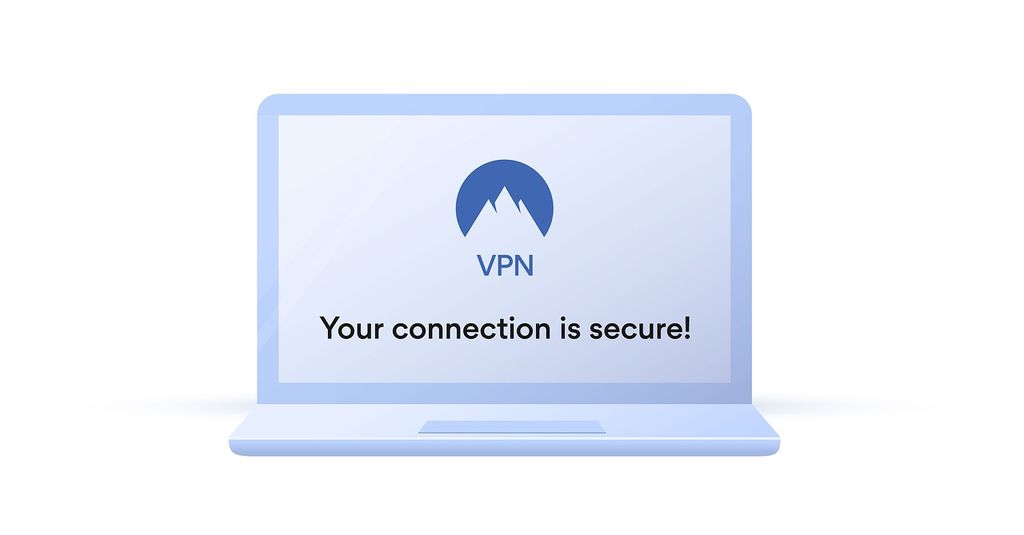In today’s digital age, protecting our online privacy and security has become more important than ever. One of the most effective ways to safeguard our personal information and browsing activities is by using a VPN with strong encryption. VPN encryption ensures that our data is encrypted and secure while it is being transmitted over the internet. This article will explore the importance of VPN encryption and provide key takeaways on understanding VPN encryption and choosing the right VPN encryption protocol.
Key Takeaways
- VPN encryption plays a crucial role in protecting our online privacy and security.
- VPN encryption works by encrypting our data and making it unreadable to anyone who intercepts it.
- The benefits of VPN encryption include secure browsing, protection against hackers and surveillance, and access to geo-blocked content.
- When choosing a VPN encryption protocol, it is important to consider factors such as security, speed, and compatibility.
- Some popular VPN encryption protocols include OpenVPN, IPSec, and WireGuard.
Understanding VPN Encryption
How VPN Encryption Works
VPN encryption is a crucial component of ensuring online security and privacy. By encrypting data transmitted between a user’s device and the VPN server, VPN encryption protects sensitive information from being intercepted or accessed by unauthorized parties. It works by converting data into an unreadable format using complex algorithms, making it virtually impossible for anyone without the encryption key to decipher the information.
Benefits of VPN Encryption
VPN encryption provides several benefits that enhance your online security and privacy. By establishing a secure connection between your device and the internet, VPN encryption ensures that your data is protected from unauthorized access. This is especially important when using public Wi-Fi networks, where cybercriminals can easily intercept your sensitive information. With VPN encryption, your data is encrypted and transmitted through a secure tunnel, making it virtually impossible for anyone to decipher. Additionally, VPN encryption allows you to bypass censorship and access geo-restricted content, giving you the freedom to browse the internet without limitations.
Choosing the Right VPN Encryption Protocol

Comparison of VPN Encryption Protocols
When comparing different VPN encryption protocols, it is important to consider their level of security and performance. Each protocol has its own strengths and weaknesses, so it’s crucial to choose the one that best suits your needs. Here is a comparison of some popular VPN encryption protocols:
Factors to Consider When Choosing a VPN Encryption Protocol
When choosing a VPN encryption protocol, there are several factors to consider. These factors will help you determine the best protocol for your needs and ensure that your data is secure and protected. Here are some key considerations to keep in mind:
Frequently Asked Questions
What is VPN encryption?
VPN encryption is the process of securing data transmitted over a virtual private network (VPN) by encoding it in a way that only authorized parties can access and understand.
Why is VPN encryption important?
VPN encryption is important because it ensures that your online activities and sensitive data are protected from unauthorized access and surveillance. It helps to maintain your privacy and security while using the internet.
How does VPN encryption work?
VPN encryption works by encrypting your data before it leaves your device and decrypting it when it reaches its destination. This process makes it extremely difficult for anyone to intercept and decipher your data.
What are the benefits of VPN encryption?
The benefits of VPN encryption include enhanced privacy, protection against hackers and cybercriminals, secure remote access to networks, bypassing censorship and geo-restrictions, and safeguarding sensitive data.
Which VPN encryption protocol is the most secure?
There are several VPN encryption protocols available, such as OpenVPN, IPSec, and WireGuard. While all these protocols offer a certain level of security, OpenVPN is widely considered to be the most secure and reliable.
What factors should I consider when choosing a VPN encryption protocol?
When choosing a VPN encryption protocol, you should consider factors such as security, speed, compatibility with your devices, ease of use, and the reputation of the protocol.


Leave a Reply